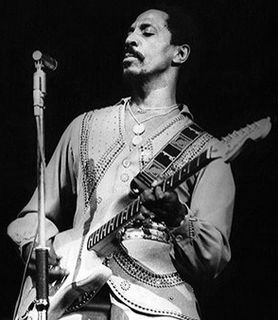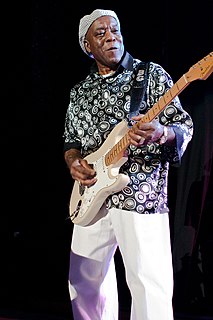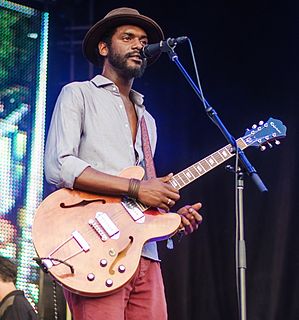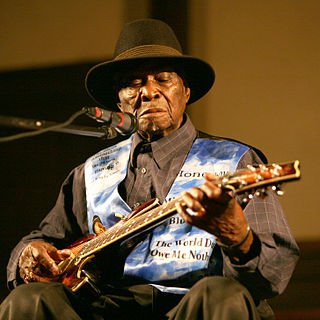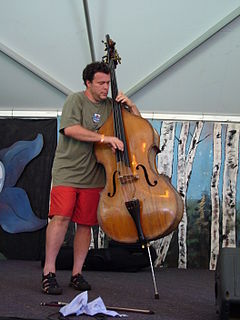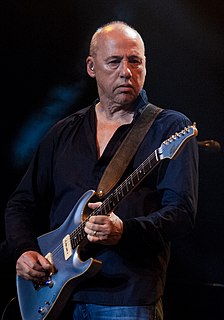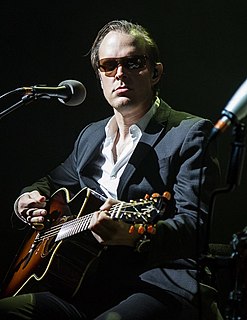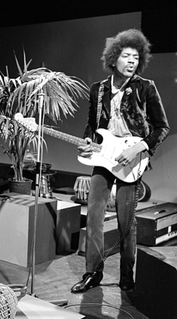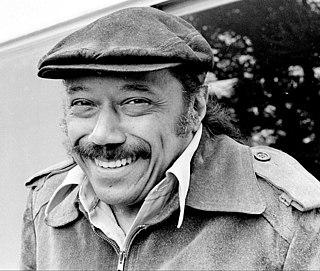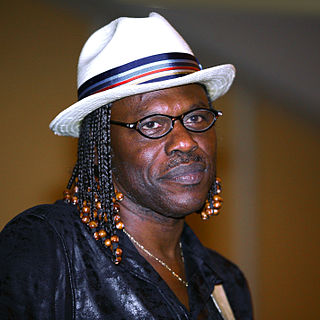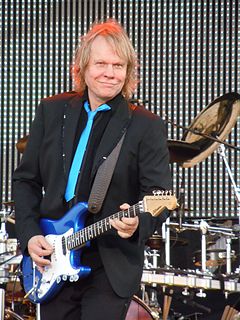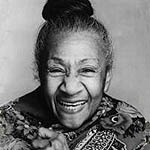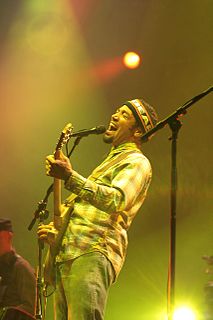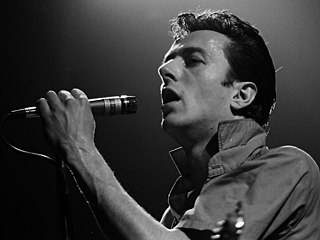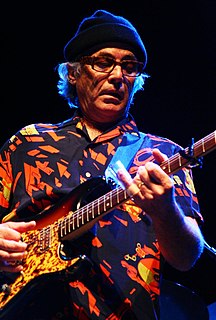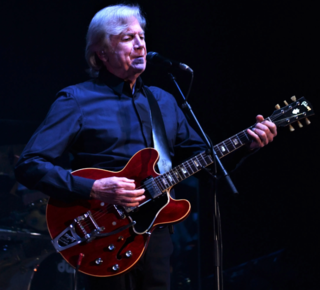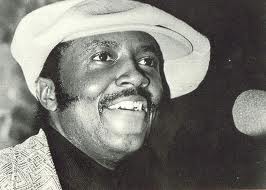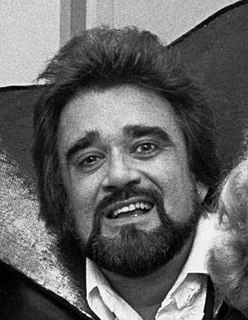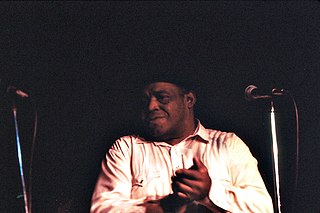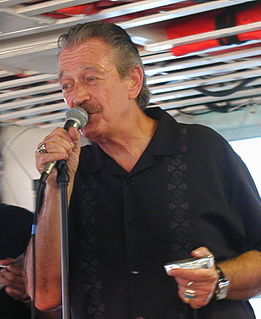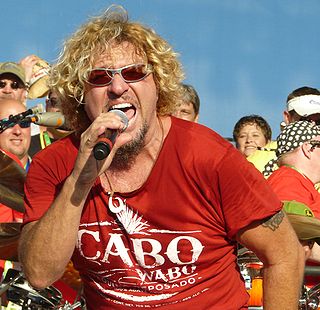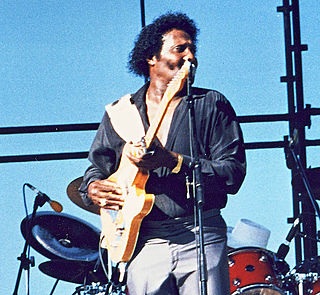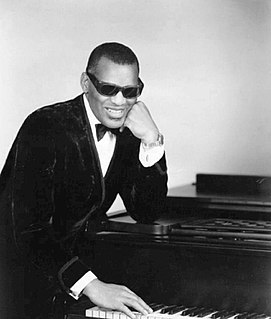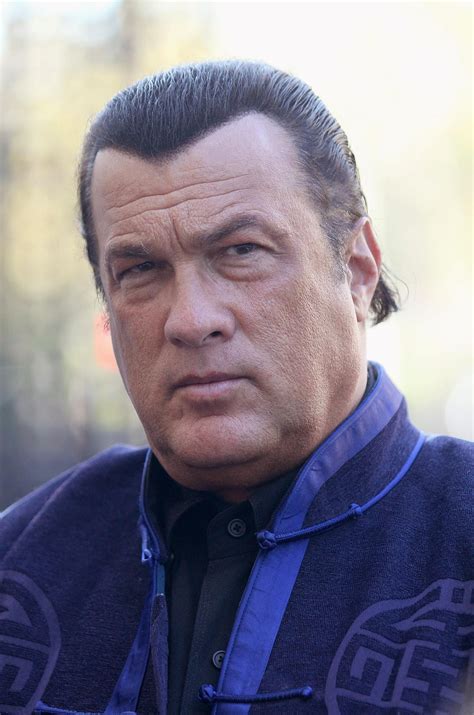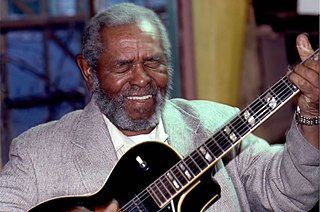Top 1200 Blues Music Quotes & Sayings - Page 2
Explore popular Blues Music quotes.
Last updated on April 19, 2025.
If you listen to soul music, or R&B music, or Blues music, a lot of that came from church music and spiritual music, and music has always been a really really powerful tool that people have used to get them closer to God - whatever they define God as. And for me that's always been part of what drew me to it and keeps me coming back for more.
Most of the music I've become interested in is hybrid in its originsClassical music, of course, is unbelievably hybrid. Jazz is an obvious amalgam. Bluegrass comes from eighteenth-century Scottish and Irish folk music that made contact with the blues. By exploring music, you're exploring everything.
New Orleans had a great tradition of celebration. Opera, military marching bands, folk music, the blues, different types of church music, ragtime, echoes of traditional African drumming, and all of the dance styles that went with this music could be heard and seen throughout the city. When all of these kinds of music blended into one, jazz was born.
If you were to talk to somebody from Georgia you would understand what he's saying, he wouldn't sound like your next-door neighbor in Montana, but other than that it's the same language, just with a few little different nuances. That's just like country and blues, or blues and rock 'n' roll. They're the same music with different accents.
Basically my influences have been American influences. It's been blues, gospel, swing era music, bebop music, Broadway show music, classical music. It's like making a stew. You put all these various ingredients in it. You season it with this. You put that in it. You put the other in it. You mix it all up and it comes out something neat, something that you created.
Nowadays blues in particular has a wide, wide, wide, wide net of everything that's called blues. I think if somebody's coming to it in the last ten years or whatever, or even fifteen years, what their experience is what is called blues is different from mine. I have to expand my range of what's been called the blues. I think somebody who's new to it would have to go back and to see what is called blues now, where it came from. If that makes sense.
When I was a teenager, I really didn't like loud rock music. I listened to jazz and blues and folk music. I've always preferred acoustic music. And it was only, I suppose, by the time Jethro Tull was getting underway that we did let the music begin to have a harder edge, in particular with the electric guitar being alongside the flute.
The early years when I was starting, blues player, you wasn't always welcome in a lot of the other places. People usually have preconceived ideas about blues music. They always feel that it's depressing and that it's just something that a guy sit out on a stool, grab a guitar, and just start singing or mumbling or whatever.
But black folks have never really been optimists. We've been prisoners of hope, and hope is qualitatively different from optimism in the way that there's a difference between The Blues and Lawrence Welk. The Blues and Jazz have to do with hope while the other is sugarcoated music which has to do with sentimental optimism.
What's holding me up is I'm confused about the nature of the music. Because the modern music doesn't reach me. I mean to say the sound of the modern electric production. A lot of sequencers... synths. That's what people are buying. Because that doesn't reach me, it throws me back to like 1948, but I don't want to be there. Back there, I'm talking about blues records... The roots of rock'n'roll is rhythm and blues and that's like really where I'm at, where I was always at.
A lot of blues music seems like it's moving away from God, or the center, and Gospel music is moving towards it. It's embracing a higher reality. When you look a little closer, the way that I define it or explain it, is that the blues is the naked cry of the human heart, apart from God. People are searching for union with God. They're searching to be home. There's something in people that seeks this union with their creator. Why am I here? Where am I going? What's it all about? Who am I? All this kind of stuff.
